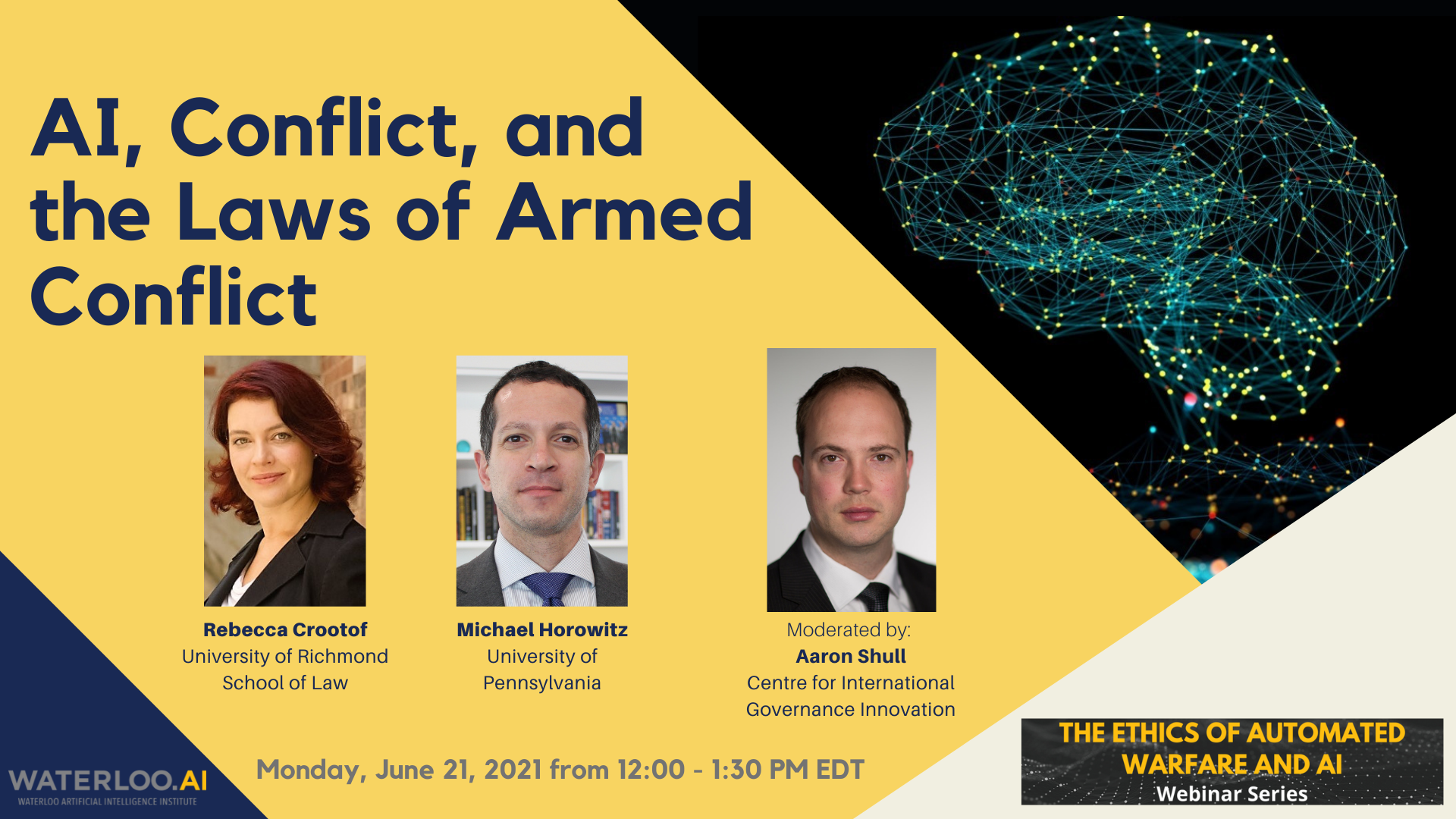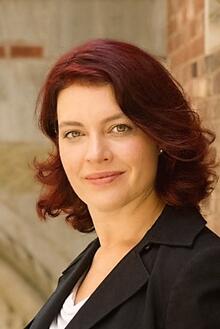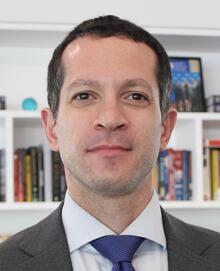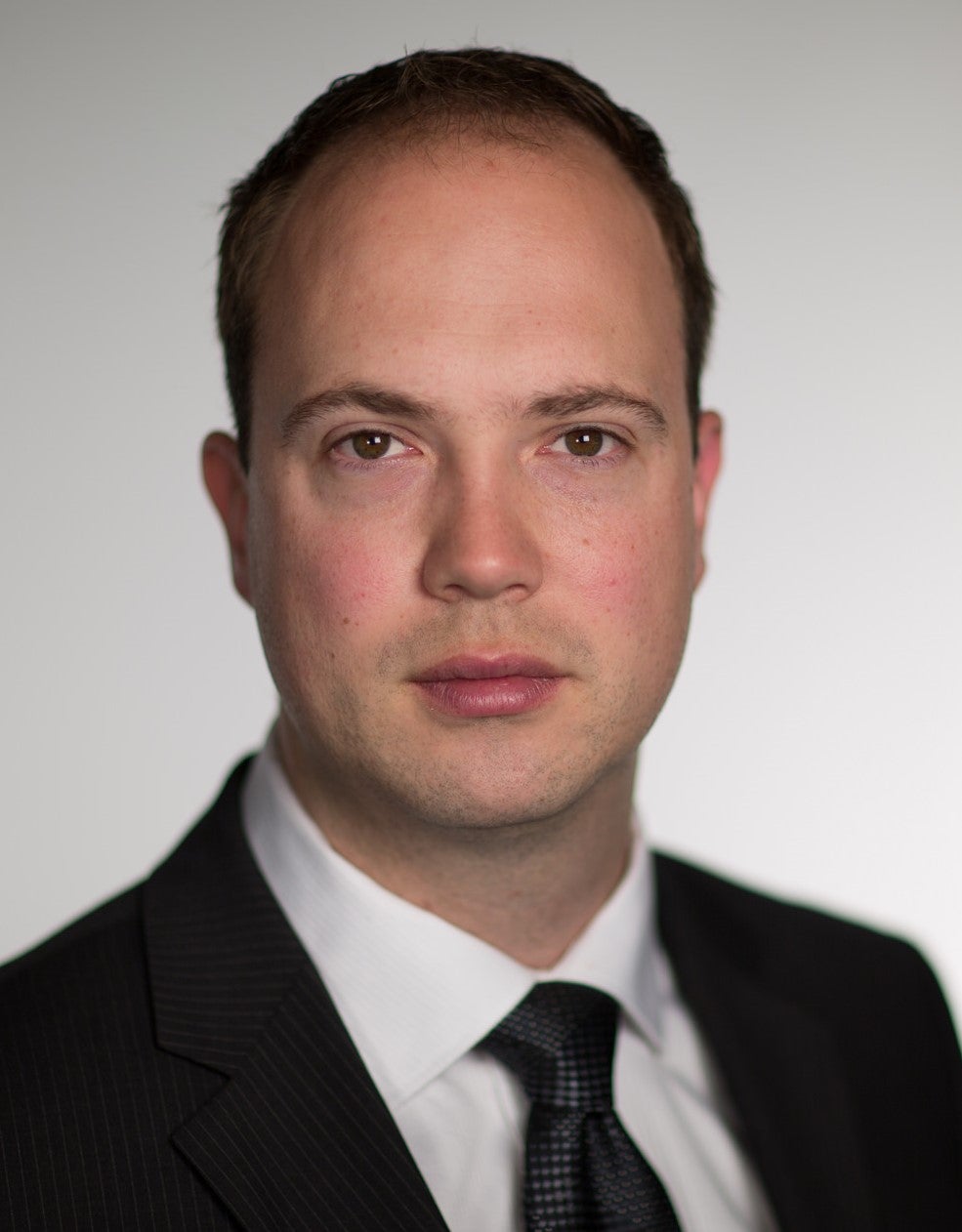This webinar engages two interrelated questions. First, as AI progress we will see more and more development meant as a way to counter the AI of

an adversary, as in the development of most new technology of warfare. What is the implication of adversarial and counter AI technology from a normative and international law standpoint? Second, what happens when this type of decision no longer has a human element attached to it? How can we be certain that the balance between the necessity to use force in certain situations versus how it should be limited by the need to respect the dignity of those involved. How can AI make this distinction? Additionally, what are the legal and normative implications of targeting AI infrastructure and personnel in war? Can artificial intelligence meet the legal responsibility countries face with the Laws of Armed Conflict? This opens up the question of how AI can be used, when, and the intricacies of such use.
The Waterloo.AI Institute, in partnership with Dr. Bessma Momani and Jean-François Bélanger from the Department of Political Science, are pleased to be hosting a series of webinars exploring the ethics of artificial intelligence and automatic warfare. Each webinar will explore a different aspect of AI and warfare, bringing together both technical and policy experts to discuss the big questions, concerns, and developments in the field.
The series will be developed into a digital series by the Center for International Governance Innovation in 2022.
Panelists

Rebecca Crootof
Rebecca Crootof is an Assistant Professor of Law at the University of Richmond School of Law. Dr. Crootofs primary areas of research include technology law, international law, and torts; her written work explores questions stemming from the iterative relationship between law and technology, often in light of social changes sparked by increasingly autonomous systems, artificial intelligence, cyberoperations, robotics, and the Internet of Things. She is interested in the ways both domestic and international legal regimes respond to and shape technological development, particularly in the armed conflict context.
Dr. Crootof earned a B.A. cum laude in English with a minor in Mathematics at Pomona College; a J.D. at Yale Law School; and a PhD at Yale Law School, where she graduated as a member of the first class of PhDs in law awarded in the United States. Her dissertation, Keeping Pace: New Technology and the Evolution of International Law, discusses how technology fosters change in the international legal order, both by creating a need for new regulations and by altering how sources of international governance develop and interact.
She is an affiliated fellow of the Information Society Project at Yale Law School; she consults for the Institute for Defense Analyses; she is on the Editorial Board of the Journal of National Security Law and Policy and is an Associate Editor on AI and the Law for the Journal of Artificial Intelligence Research; and she is a member of the New York Bar, the Board of Directors of the Equal Rights Center, and the Center for New American Securitys Task Force on Artificial Intelligence and National Security. She was a member of the Permanent Mission of the Principality of Liechtenstein to the United Nations Council of Advisers on the Application of the Rome Statute to Cyberwarfare.

Michael Horowitz
Michael C. Horowitz is Director of Perry World House and Richard Perry Professor at the University of Pennsylvania. He is the author of The Diffusion of Military Power: Causes and Consequences for International Politics, and the co-author of Why Leaders Fight. He won the 2017 Karl Deutsch Award given by the International Studies Association for early career contributions to the fields of international relations and peace research. He has published in a wide array of peer reviewed journals and popular outlets. His research interests include the intersection of emerging technologies such as artificial intelligence and robotics with global politics, military innovation, the role of leaders in international politics, and geopolitical forecasting methodology. Professor Horowitz previously worked for the Office of the Undersecretary of Defense for Policy in the Department of Defense. He is affiliated with the Center for a New American Security, the Center for Strategic and International Studies, and the Foreign Policy Research Institute. He is a member of the Council on Foreign Relations. Professor Horowitz received his Ph.D. in Government from Harvard University and his B.A. in political science from Emory University.
Moderator

Aaron Shull
As CIGIs managing director and general counsel, Aaron Shull acts as a strategic liaison between CIGIs research initiatives and other departments while managing CIGIs legal affairs and advising senior management on a range of legal, operational and policy matters.
A member of CIGIs executive team, Aaron provides guidance and advice on matters of strategic and operational importance, while working closely with partners and other institutions to further CIGIs mission. He also serves as corporate secretary.
Aaron is an expert on cyber security issues. He coordinated the CIGI essay series Governing Cyberspace during a Crisis in Trust. In his introduction, he argues that more robust international norms for cyber security are a national imperative for Canada.
Prior to joining CIGI, Aaron practised law for a number of organizations, focusing on international, regulatory and environmental law. He has taught courses at the University of Ottawa, Faculty of Law, and the Norman Paterson School of International Affairs and was previously a staff editor for the Columbia Journal of Transnational Law.
Aaron graduated from the University of Waterloo, placing first in his class as a departmental scholar, with a B.A. (honours) in history and political science. His keen interest in international affairs and political history led him to pursue an M.A. in international affairs at Carleton Universitys Norman Paterson School of International Affairs, where he graduated with distinction. He concurrently pursued his LL.B. from the University of Ottawa, where he graduated cum laude with first class honours. Aaron received his LL.M. from Columbia Law School, where he graduated as a Harlan Fiske Stone scholar.